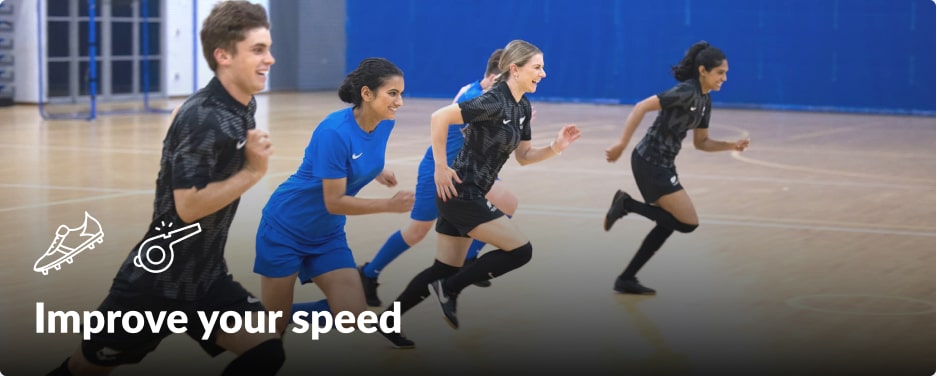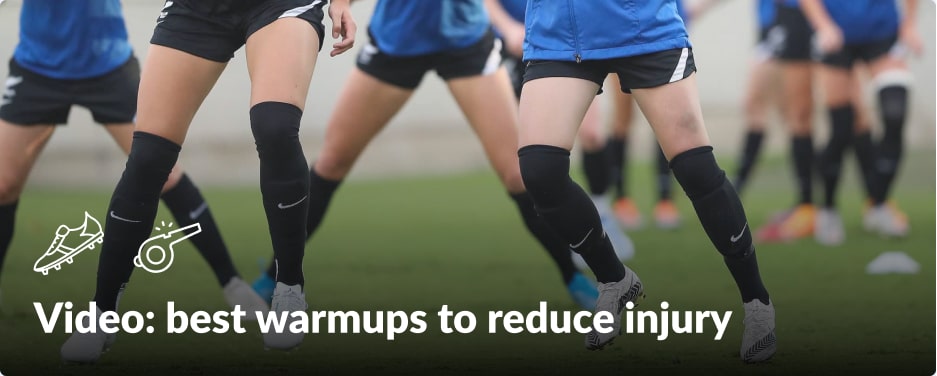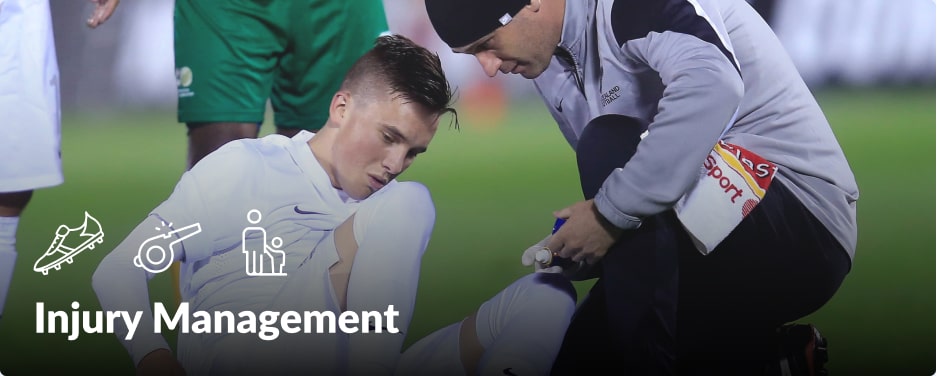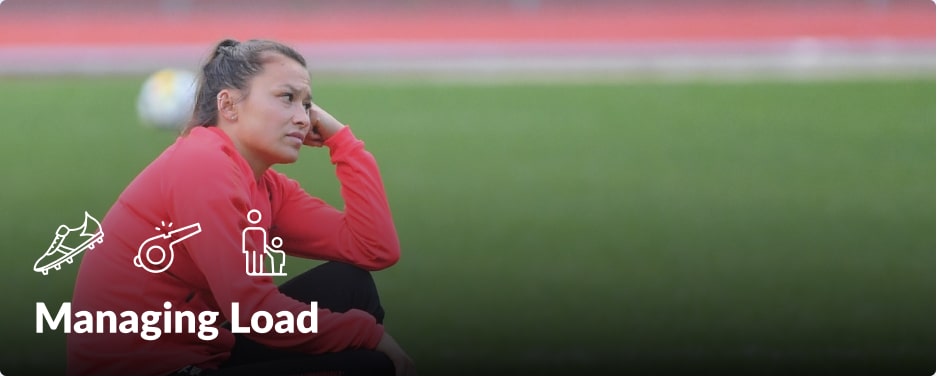Kia Ora
Welcome to Performance and Prevention
Helping Aotearoa play at its best for longer
Welcome to NZ’s dedicated football education and resource hub, designed to help you get the most out of yourself, and your players.
New Zealand Football’s Performance and Prevention team is here to provide you with what you need to best prepare, perform, and recover whilst managing injury and load effectively.
Player Development Guidelines Table
These guidelines highlight the developmental stages throughout a player’s journey from the age of 2 through to 20. The interactive table provides information on stages of long-term development, suggested number of hours of formal and informal sport involvement per week, and New Zealand Football’s Whole of Football Plan (WOFP) framework. All in line with Sport New Zealand’s Balance is Better campaign.

Looking for something in particular?
What our football whānau have to say











 Admin Login
Admin Login